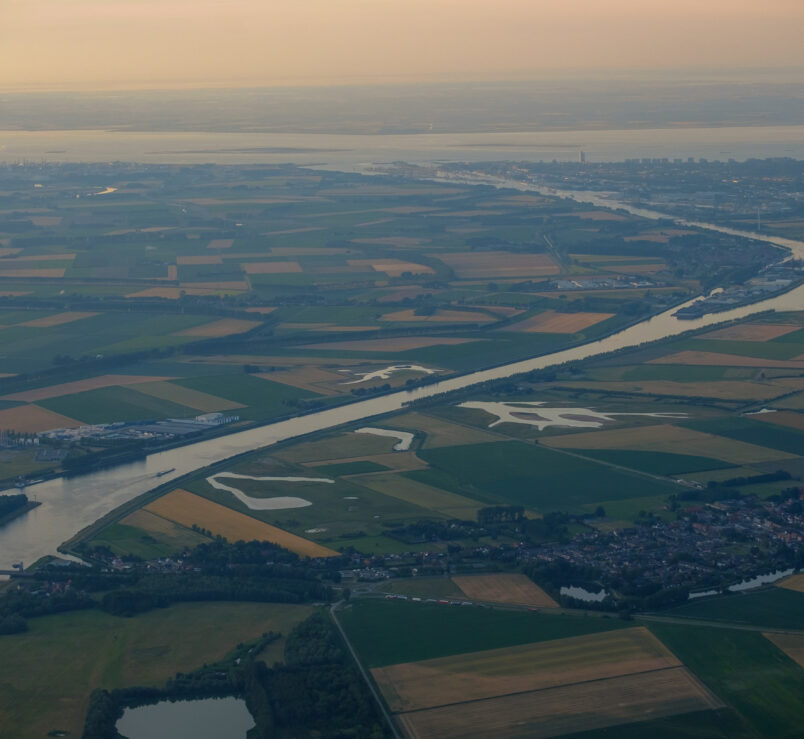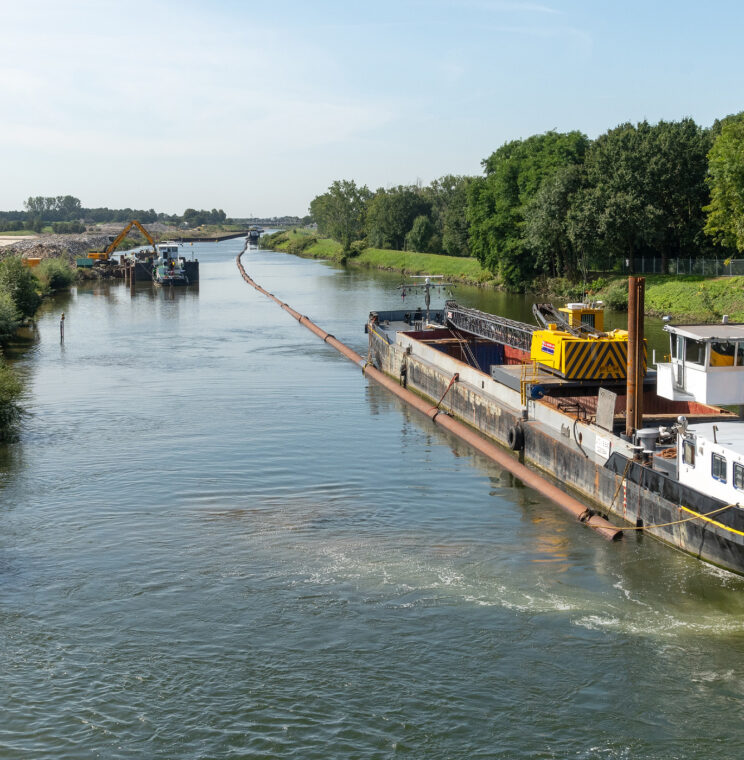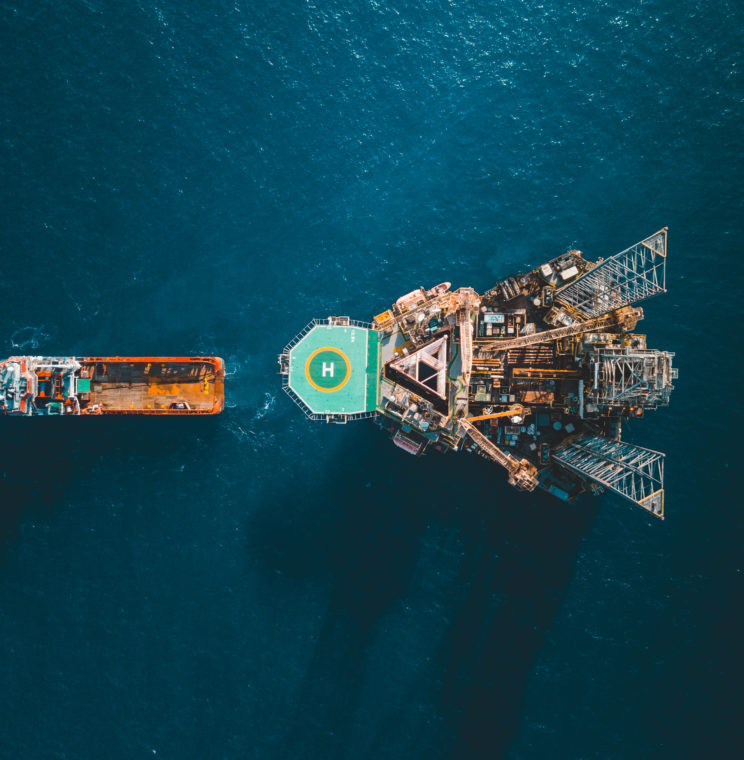Strengthening North Sea Port’s financial position
North Sea Port, the port area stretching 60 kilometres from Vlissingen in the Netherlands to Ghent in Belgium, faces significant challenges. The area is struggling with issues of port development, efficient sea and hinterland connections, and the demands of energy transition and climate change. While these developments offer new opportunities, they also create challenges.
Background
On 26 June 2020, the Dutch government, the Province of Zeeland, the municipality of Vlissingen and the Waterschap Scheldestromen reached an administrative agreement on a compensation package to firmly invest in Zeeland. This package, drafted by special advisor Bernard Wientjes was to provide investments in economic and social areas.
An important part of this package concerned research into the ‘future position of North Sea Port’ and solutions to meet the challenges facing the area. What are the (financial) possibilities to meet these challenges and what role should Nort Sea Port and other parties involved play?
The Province of Zeeland and North Sea Port therefore commissioned Ecorys and Erasmus UPT to carry out a strategic study. In our study, we formulated strategic options that could strengthen North Sea Port’s financial position, enabling the port to realise major investment projects. These projects focus in particular on challenges surrounding the energy and climate transition and other economic and infrastructural issues, such as the widening and deepening of the Terneuzen Ghent Canal. A key outcome of the study is a consideration framework that supports prioritisation and cooperation between the parties involved. This framework helps to define a long-term sustainable financing strategy that is in line with North Sea Port’s strategic objectives.
Key findings
The study formulated a number of concrete findings:
- The urgency to find funding in the short term has decreased due to recent commitments by market and government parties. However, the major tasks for North Sea Port-such as the energy and climate transition and digitalisation-remain important. Should current projects stagnate for whatever reason, long-term financial reinforcement may still be needed. This to push through transitions to guarantee the North Sea port’s position in the long term.
- The relevant strategic options vary greatly per project, as does North Sea Port’s perception of its role. For instance, North Sea Port does not have a direct investment role in many projects.
Finally, it makes a number of concrete recommendations for North Sea port authority:
- Active monitoring: Continue to monitor developments and funding of identified projects and ensure commitments are met.
- Monitor budgets and priorities: Monitor budgets and policy frameworks within the network and promote cooperation between companies and government agencies.
- Adapt strategic roles: Use the new strategy and trade-off frameworks to periodically review roles and responsibilities in projects. Integrate the trade-off framework into North Sea Port processes and update them regularly to remain relevant.
- Explore grant opportunities: Continue to exploit European grants and seek links to relevant projects, for example in the field of digitalisation.
- Develop social business cases: Further develop the broader value and strategic options of projects to make clear choices for the future.
Want to know more? Then read our full report (in Dutch).

31 October 2024
3 minute read
Key Experts
Jochen Maes
Principal Consultant
Rick Janse
Senior Consultant



